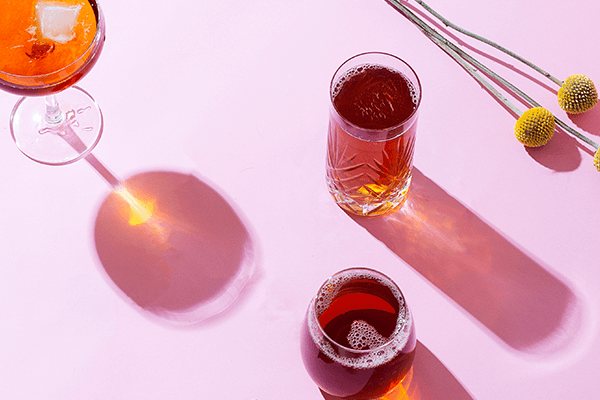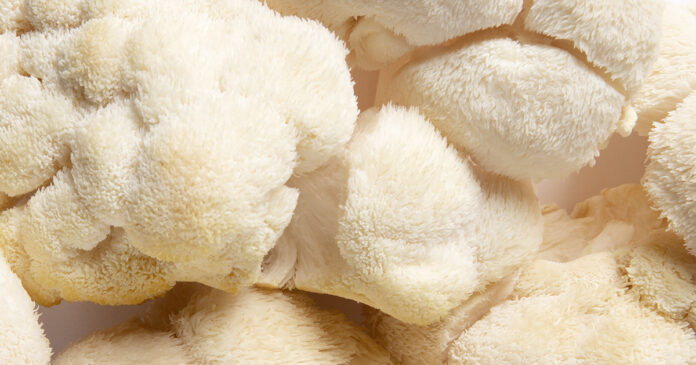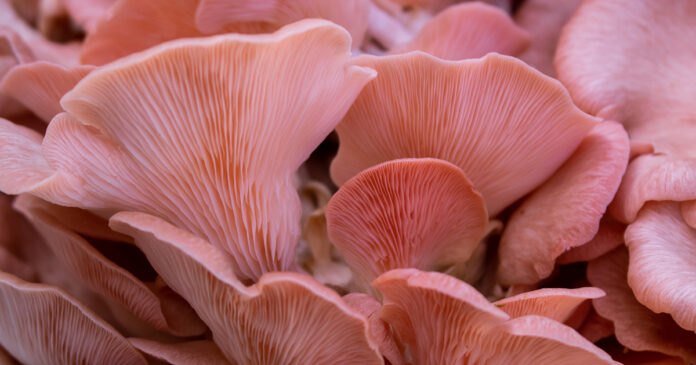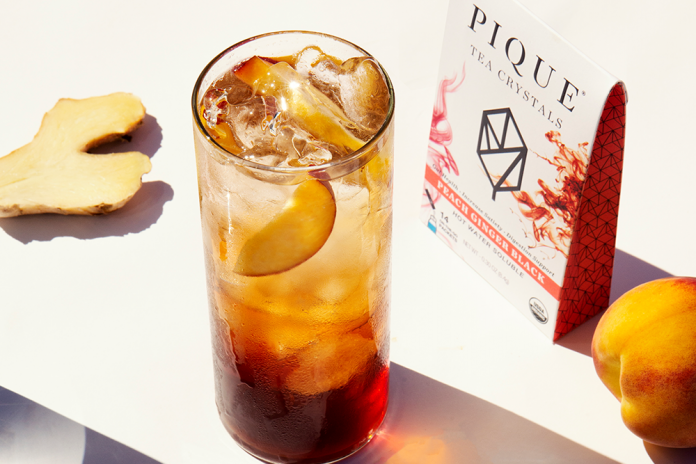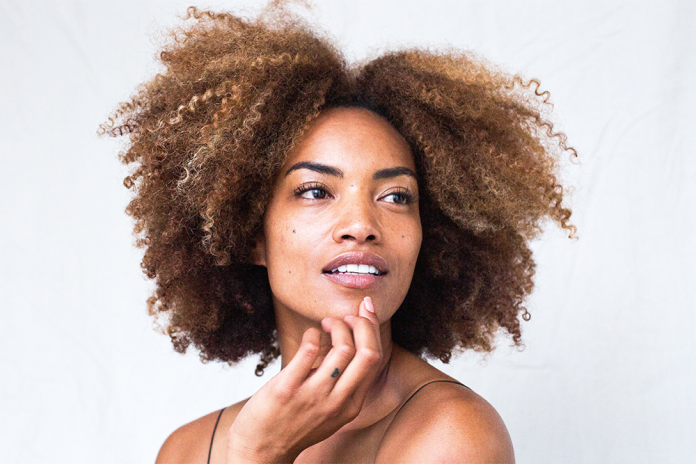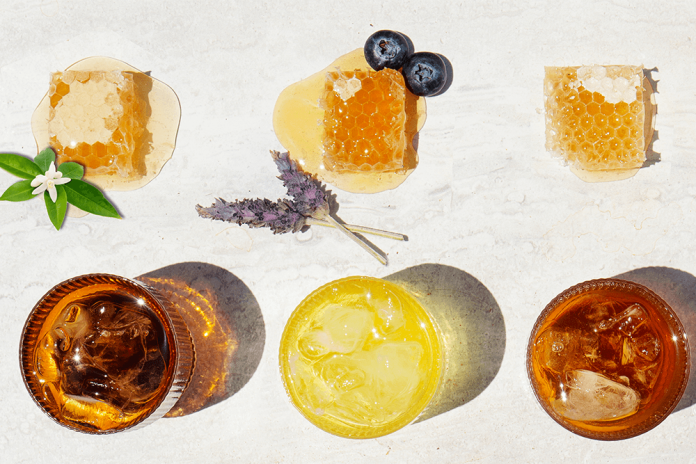If you’ve ever heard the term “tea drunk,” you may be wondering whether it’s really possible to get drunk when drinking tea. (!?!)
Regular tea drinkers sometimes report feeling “tea high,” which is often used interchangeably with “tea drunk,” to describe their slightly altered states of being.
However, being tea drunk or tea high does NOT cause the same side effects or worry as consuming too much alcohol or eating marijuana edibles (made from cannabis).
As you’ll learn in this guide, it’s a completely different feeling and much safer!
So let’s dive into everything you need to know to clear up these common misconceptions.
What Does It Mean to Be Tea Drunk or Tea High?
In China, being “tea drunk” is known as cha zui. This Chinese translation means someone who’s moved into an altered state of being after drinking tea. Similar to alcohol, this shift can change how you feel physically, mentally, and emotionally.
Thanks to specific compounds found in tea leaves from the Camellia Sinensis plant, tea drinking may lead to a type of euphoric, calm, yet alert feeling. This is what people refer to when someone becomes tea drunk or tea high.
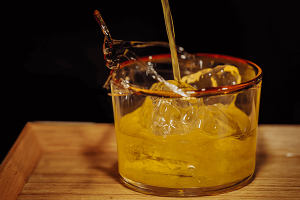
What Does Being Tea Drunk Feel Like?
Many tea drinkers describe being tea drunk as a happy experience lasting anywhere from four to six hours. They say they have extra energy and focus to complete their tasks yet feel relaxed and supported while doing so.
Unlike drinking alcohol or coffee, you will not be forced into a jittery state that rattles your nervous system when you’re tea drunk. You also won’t feel negative side effects like anxiety or paranoia when you’re tea high like you may feel after consuming THC from cannabis or cannabis tea (sometimes known as marijuana tea).
Although it is possible to overdo it and not feel great, being tea drunk is nothing like a caffeine crash or alcohol hangover. And that’s all thanks to the compounds causing this unique reaction.
What Causes You to Feel Tea Drunk
There are three main compounds found in tea that contribute to feeling tea drunk — caffeine, l-theanine, and catechins.
These compounds don’t cause these feelings on their own. Yet when you have all three combined in the best teas, they deliver a synergistic effect that leads to feeling tea drunk.
Here’s how these incredible compounds work together:
Caffeine
Caffeine is a stimulant that can help combat feelings of fatigue and drowsiness while increasing alertness. Caffeinated teas include black, green, oolong, and white tea.
Though there are benefits to caffeine, you may also experience some downsides. It can elevate your heart rate, cause jitteriness and fidgeting, and keep you up at night. However, the caffeine in tea reacts differently in your body than the caffeine found in coffee or high caffeine energy drinks.
When the caffeine in tea leaves binds to catechins, which we’ll discuss next, they form a larger molecule. It takes longer for your body to metabolize the two ingredients as one, which means it breaks down slower.
So instead of being hit with a jolt of caffeine all at once, you wind up with smaller microdoses of caffeine spaced throughout a four- to six-hour period.
This is why feeling tea drunk doesn’t cause racing jitters. You get sustained energy, relaxed yet focused alertness, and a euphoric feeling.
Catechins
Epigallocatechin gallate (EGCG) and other catechins are plant compounds brimming with antioxidants and health benefits found in tea leaves. Catechins may also have a positive psychoactive effect.
As discussed in this article on the caffeine in tea, an in vitro study discovered that EGCG may impact your endocannabinoid receptors (1). These important receptors found in the brain have been studied for their effect on relaxation and sociability (2)(3). EGCG has also been shown to support a calm, positive mood and stress reduction (4).
The two main cannabinoids found in cannabis, THC and CBD, also work their magic on the body’s endocannabinoid receptors. This may be where the term for feeling “tea high” comes from.
L-theanine
L-theanine is a powerful, naturally occurring amino acid discovered in green tea by Japanese researchers.
What’s nice about l-theanine is that studies show it has the exact opposite properties of caffeine. It helps calm the nervous system, reduces the effects of stress, and supports both a lower heart rate and healthy blood pressure levels (5). That’s why l-theanine combats the stimulant effects of caffeine and helps “take the edge off” the caffeine hit.
Here’s even better news: when l-theanine and caffeine are combined in tea, this duo supports healthy stress management and a positive mood. Their effect on brain alpha waves produces a state of alert relaxation and calm focus.
So this powerful combination of caffeine, catechins, and l-theanine may be to thank for those feel-good-feelings of being “tea drunk.”
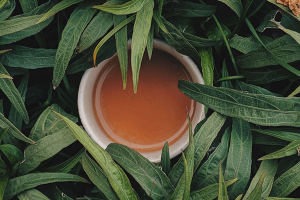
How to Get Tea Drunk (Step-by-Step Instructions)
If you’re looking to get tea drunk, the goal isn’t to consume a lot of tea in a short amount of time. Doing this can produce negative side effects such as dizziness, nausea, or even jitters.
To enjoy the feeling of being tea drunk or tea high, follow these step-by-step instructions:
1. Eat a Light Snack Before Teatime
Tea drinking on an empty stomach may cause even the most prized teas to hit your system too hard and fast, which may result in an unpleasant experience. On the other hand, eating a full meal may prevent you from experiencing the effects of being tea drunk.
So aim for a healthy medium. Light snacks, such as nuts, fresh fruit, crackers, or scones (if you’re feeling fancy), make excellent choices for afternoon tea. They’ll help absorb the tea without blocking its effects.
2. Choose the Best Teas
The best teas have enough l-theanine, catechins, and caffeine for you to feel tea drunk. You can add loose leaf tea to an infuser, use tea bags, or try easy and mess-free tea crystals. We’ll share more about the best types of tea to get tea drunk next.
Whichever you choose, always look for high-quality tea. Your tea should be free of harsh chemicals and pesticides. And the higher the quality, the higher the amount of l-theanine may be.
But remember, this is not the time for herbal kinds of teas like chamomile, peppermint, or red tea. These do not contain caffeine and lack the same compound makeup that Camellia Sinensis tea leaves are prized for.
3. Follow the Brewing Guidelines
Different types of tea call for different tea recipes. While you may need boiling water for black tea, steeping green tea calls for hot water below this temperature. You must also steep your tea for the correct amount of time.
Steeping your tea longer won’t give you a better buzz. In fact, it could turn your tea bitter and make the taste unpleasant.
4. Enjoy Your Cup of Tea Slowly
It’s best to sip your cup of tea slowly and savor each sip. Pay close attention to how you feel, and see if you can pinpoint each sensation, so you can fully experience what it means to be tea drunk or tea high.
Don’t obsess over what you’re feeling; just try to enjoy the experience as it unfolds and relax into it.
Which Teas Get You Tea Drunk?
What is the tea that gets you high? And what’s the best tea to get tea drunk?
You can get tea drunk with white tea and pu-erh tea (a type of fermented tea).
But if you’re looking for a strong tea drunk feeling, choose rich black teas with higher caffeine levels, such as Chai tea, Earl Grey tea, and oolong tea (a type of Chinese tea that’s a cross between black and green tea).
Green tea boasts fantastic l-theanine levels, which may be why some tea drinkers feel a special type of high when they consume matcha green tea in particular.
Matcha is a type of Japanese tea that’s made from grinding up green tea leaves into a beautifully bright powder. Heritage farmers grow matcha in shaded areas, which produces a 35% increase in l-theanine.
Just like the terroir of certain wines affects their flavor compounds, the environment where matcha grows contributes 137 times more catechins than traditional green tea. This extra l-theanine and catechin content may be why you feel more euphoric when drinking it (4).
If you’re not a fan of matcha, choosing other shade-grown teas may increase your chances of getting tea drunk. Gyokuro, another Japanese green tea, is also popular for getting tea drunk because it’s strong in flavor and catechins.
But what happens if you’re not looking to get tea drunk?
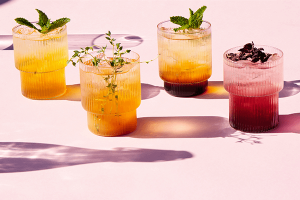
How to Prevent Getting Tea Drunk
Just because you can get tea drunk on white tea, green tea, black tea, and pu-erh tea doesn’t mean you necessarily have to each time you drink tea, or that you will.
In fact, many tea-drinkers have gone their whole lives without thinking of their relaxed tea-induced state as a “high” or being “drunk.”
If you consume a full meal before you sip your cup of tea, you shouldn’t experience a jarring tea drunk feeling, if you experience one at all. Ensuring that you sip slowly and don’t consume too many cups at once can also help prevent you from getting tea drunk.
And if you don’t want to feel tea high, you may want to steer clear of tea tasting at a tea house. Similar to wine tasting, you may drink multiple cups of tea in a short period, which may lead to tea drunkenness.
If you find yourself in this position, there are ways to remedy it.
What to Do If You Get Tea Drunk
First, don’t panic if you feel a bit tea drunk. Doing so may cause your heart rate to increase, which will only make things worse. Instead, try to go somewhere quiet where you can relax and take it easy as your symptoms subside.
How long does being tea drunk last? The answer depends on many factors, similar to drinking alcohol. How much you consume, your body weight and metabolism, the type of tea you drank, and what you ate earlier can all play a role in how long the effects linger.
Typically, tea drunk effects last between four to six hours. But that’s only if you consume a high-quality cup, didn’t over-pour, or over-steep your brew.
Can tea make you dizzy? That also depends. If you’re over-caffeinated, consumed too much tea, or drank it too fast, you could feel dizzy. It’s best to lie down and relax until you start feeling like yourself again.
Eating some food and drinking water can also help your body process the tea faster and speed up tea drunk recovery.
Final Thoughts on Getting Tea Drunk
You should try to view getting tea drunk or tea high differently than you think of getting drunk on alcohol or eating edibles or tea made with marijuana. Instead of altering your state of mind so much that you can’t function, being tea drunk is more of a relaxed yet alert feeling.
You can still go about your day, and you shouldn’t experience any negative side effects, as long as you don’t overdo it. In fact, you may find it easier to be productive and get tasks done!
How tea affects you depends on so many factors, which means you can either lean into the feeling or prevent it from happening altogether.
Remember, just because it’s possible to get tea drunk doesn’t mean you have to or will every time you drink tea.
